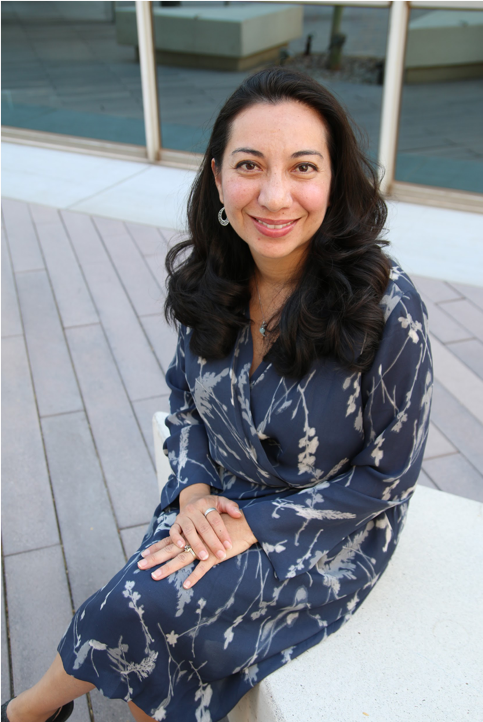
Hi, my name is Marisol Diaz and I am a research analyst with Arizona State University’s Southwest Interdisciplinary Research Center (also a member of #AZENet!). This year my New Year’s resolution is to meditate more often. Although we breathe all day long without thinking, I find it rewarding to take a moment to focus on the beauty of breath and all that it does for us. I feel similarly when thinking about data. Personally and professionally, we are consumed by data yet we forget to pause and reflect on its power and the responsibility that comes with that power. A few weeks ago, I was the victim of a phone scam, and I gave the thieves personal information they then used to buy themselves two new iPhones. Although I consider myself data-savvy, I fell prey to giving away personal information because similar to our automatic breathing, societal and technological demands have programmed us to inhale and exhale information without thinking.
Lessons Learned:
As an evaluator who works with marginalized and vulnerable populations, I realize how important it is to take a moment to reflect on the processes and practices associated with collecting data. Like my daily meditation, I look for affirmations that I am mindful in my work. Thus, I do what I can to make sure our participants and research partners are fully aware of why we are collecting data and what we plan to do with it.
Just as important, we need to ensure that research partners who may be helping to collect data are protecting the data with vigilance and care. What some may think is a small issue such as a secured server or double locked system can have deep and lasting implications. Luckily, I have not had to experience the reporting of protocol violations and deviations but it is vital to be upfront with all those involved with the study so they are aware and understand the potential involved, as they too are influenced by the normalization of collecting and distributing private information.
Going a step further, I believe it is also imperative to incorporate social justice in our work. For example, we can reframe evaluation to move away from traditional “objects of research” and help participants see themselves as agents of change. Therefore we update our lens and language, such as gathering data with them as informants and co-researchers rather than gathering data from them. Dr. Michelle Fine speaks to this in her book, Just Research in Contentious Times: Widening the Methodological Imagination (Teachers College Press, 2017) where she practices critical participatory action research (CPAR). Knowing how important health equity research is in striving to solve problems or identify the reason for variations, disparities and patterns, I advocate for us to turn off auto-pilot and re-imagine research in a more holistic and intersectional approach.
The reminder of data fundamentals along with this new research exploration can truly help reduce health care gaps and create positive change for all the populations we serve.
The American Evaluation Association is celebrating Arizona Evaluation Network (AZENet) Affiliate Week. The contributions all this week to aea365 come from our AZENet members. Do you have questions, concerns, kudos, or content to extend this aea365 contribution? Please add them in the comments section for this post on the aea365 webpage so that we may enrich our community of practice. Would you like to submit an aea365 Tip? Please send a note of interest to aea365@eval.org. aea365 is sponsored by the American Evaluation Association and provides a Tip-a-Day by and for evaluators.
